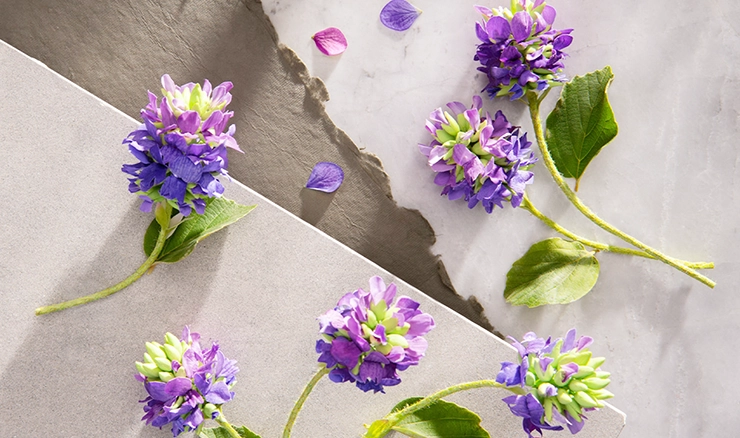
In terms of skincare, retinol has been a cornerstone for anti-aging and acne treatments. However, its potential for causing irritation has many seeking a gentler alternative. Bakuchiol is a natural compound from the seeds and leaves of the Psoralea corylifolia plant, which has gained popularity for its similar benefits to retinol but without the harsh side effects. The Fashiongton Post prepared for you today a practical guide on bakuchiol, its advantages, disadvantages, and how to incorporate it into your skincare routine.
What is Bakuchiol?
Bakuchiol is a plant-based ingredient that has been used in traditional Eastern medicine for centuries. Unlike retinol, which is derived from vitamin A, bakuchiol is a completely natural compound that mimics retinol’s effects on the skin.
Comparison to Retinol
Similarities:
Collagen Production: Both stimulate collagen production, which helps reduce the appearance of fine lines and wrinkles.
Cell Turnover: Both accelerate cell turnover, leading to a smoother and more even skin tone.
Anti-Aging: Both are effective in minimizing signs of aging and improving skin elasticity.
Differences:
Irritation: Retinol can cause redness, peeling, and increased sensitivity, especially for sensitive skin. Bakuchiol, on the other hand, is gentler and less likely to cause irritation.
Sun Sensitivity: Retinol can make the skin more sensitive to the sun, requiring stringent use of sunscreen. Bakuchiol does not increase sun sensitivity, making it a more convenient option for daily use.
Compatibility: Bakuchiol is more compatible with other skincare ingredients, whereas retinol can sometimes react negatively with certain products, such as exfoliants and acids.
Advantages of Bakuchiol
Gentle on Skin: Ideal for sensitive and acne-prone skin types.
Antioxidant Protection: Neutralizes free radicals, protecting skin from environmental damage.
Acne-Fighting: Reduces inflammation and bacterial growth, helping to prevent and treat acne.
Versatile: Can be used in combination with other skincare products without the risk of adverse reactions.
Eco-Friendly: Derived from sustainable sources, making it an environmentally responsible choice.
Disadvantages of Bakuchiol
Less Potent: Some studies suggest that while effective, bakuchiol may be slightly less potent than retinol in producing dramatic results.
Fewer Long-Term Studies: There is less long-term research available on bakuchiol compared to retinol, which has been extensively studied.
How to Use Bakuchiol
Incorporating bakuchiol into your skincare routine is straightforward and can be done with minimal risk of irritation. Here’s how:
Cleanse: Start with a gentle cleanser to remove dirt and impurities.
Apply Bakuchiol Serum: After cleansing, apply a bakuchiol serum or oil. Use a few drops and gently massage into the skin.
Moisturize: Follow with your usual moisturizer to lock in hydration.
Sunscreen (Daytime): Although bakuchiol does not increase sun sensitivity, using sunscreen daily is always recommended for overall skin protection.
Frequency: Bakuchiol can be used both morning and night, making it a flexible addition to your skincare regimen. Start with once a day and increase to twice daily if your skin tolerates it well.
Bakuchiol offers a natural, gentle alternative to retinol, with impressive benefits for anti-aging, acne treatment, and overall skin health. Its ability to deliver results without the common side effects of retinol makes it an excellent option for those with sensitive skin or anyone looking to simplify their skincare routine. By incorporating bakuchiol into your daily regimen, you can achieve smoother, healthier, and more radiant skin.
The post Bakuchiol as a Natural Retinol Alternative, and How to Use It appeared first on The Fashiongton Post.
